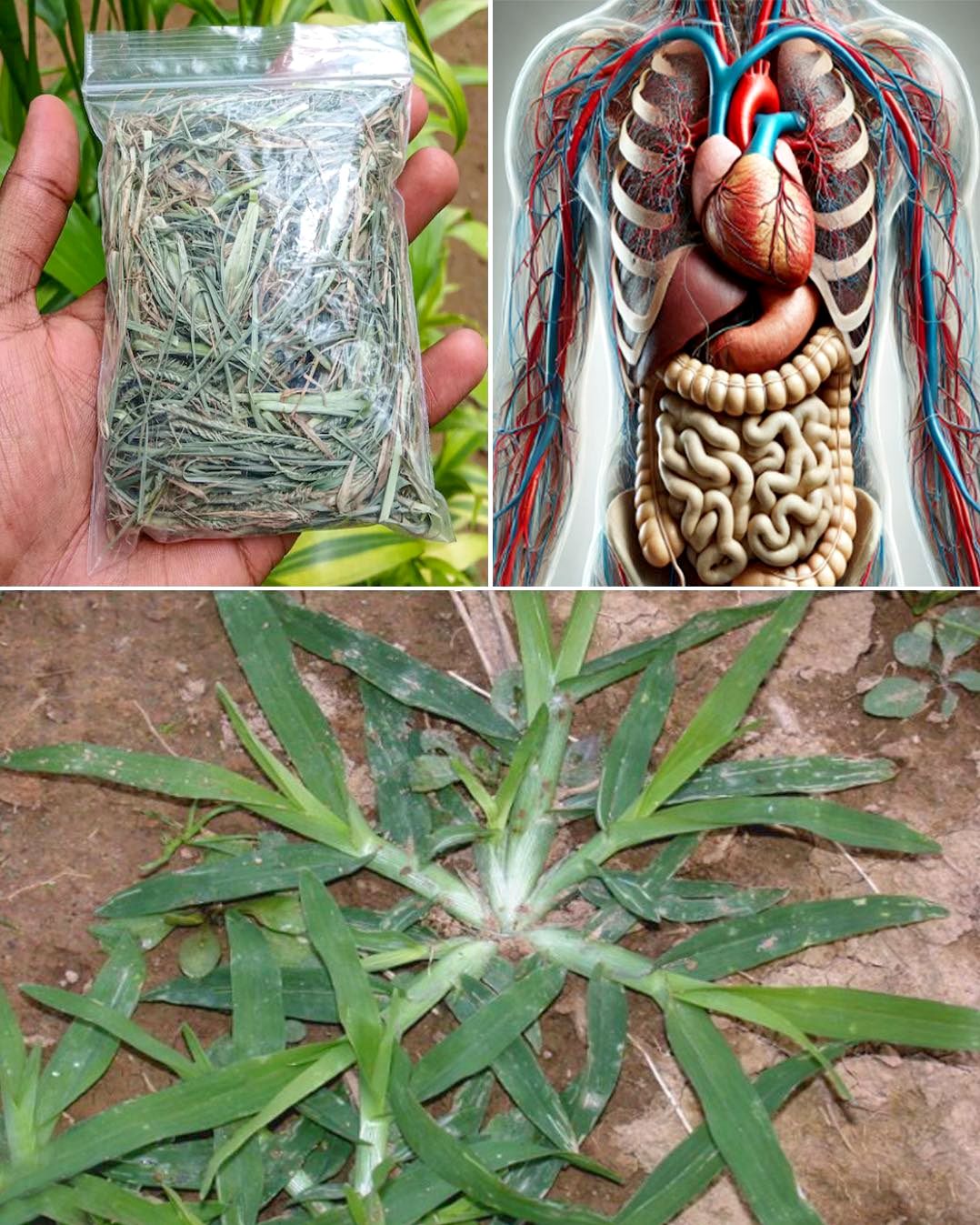ADVERTISEMENT
ADVERTISEMENT
ADVERTISEMENT
Nestled within our own backyards, often overlooked and considered a mere weed, goose grass, or Galium aparine, holds a wealth of medicinal properties cherished for centuries by herbalists and traditional healers. This unassuming plant, with its tiny hooked fruits and slender stems, offers an impressive array of healing abilities, providing relief for a surprising variety of ailments.
Key Health Benefits of Goose Grass
- Skin Irritations and Rashes
- The soothing nature of goose grass makes it an effective remedy for skin irritations, rashes, and minor burns. Its anti-inflammatory properties can help alleviate discomfort and support the healing process.
- Detoxification
- As a natural diuretic, goose grass supports kidney function and aids in detoxifying the body by promoting the elimination of waste and toxins.
- Digestive Disorders
- Goose grass tea has been historically used to ease digestive issues such as indigestion, bloating, and constipation, offering gentle relief.
- Urinary Tract Infections (UTIs)
- With mild antimicrobial properties, goose grass can assist in alleviating symptoms associated with UTIs, making it a helpful herbal support.
- Lymphatic Support
- Known for stimulating lymphatic drainage, goose grass aids in removing excess fluids and supports a healthy lymphatic system, essential for immune function.
- Arthritis and Joint Pain
- When applied topically or used in baths, goose grass can reduce inflammation and relieve discomfort related to arthritis and joint pain.
- Respiratory Health
- Infusions made from goose grass have been traditionally used to soothe coughs, colds, and bronchitis, providing comfort for respiratory ailments.
- Wound Healing
- The astringent properties of goose grass support wound healing by aiding in blood clotting and helping to stop minor bleeding.
- Hair and Scalp Health
- Goose grass rinses can contribute to scalp health, potentially reducing dandruff and supporting hair vitality.
- Stress and Anxiety
- As an herbal remedy, goose grass is believed to have mild calming effects, helping to reduce stress and anxiety.
How to Use Goose Grass
- Teas and Infusions: Steep the aerial parts of goose grass in hot water to make a healing tea that can be consumed for internal benefits.
- Topical Applications: Crush the leaves and stems to make poultices, or infuse them in oils for external application on the skin.
- Tinctures or Extracts: Create alcoholic extracts for internal use, but always do so under the guidance of a qualified professional.
Caution and Considerations
While goose grass offers numerous health benefits, it’s important to consult with a healthcare professional before using it, especially if pregnant, nursing, or on medication. Proper identification of the plant is crucial to avoid potential allergic reactions or adverse effects.
Goose grass, often dismissed as an invasive weed, is a treasure trove of healing potential waiting to be discovered. Embracing the wisdom of nature, this backyard miracle offers gentle yet potent remedies for a range of common ailments, demonstrating the remarkable power of herbal treatments available right in our midst.
For more details, visit the full recipe
